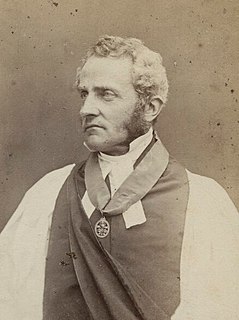A Quote by Jean Racine
Small crimes always precede great ones. Never have we seen timid innocence pass suddenly to extreme licentiousness.
Related Quotes
For my part I am very sorry for him. It is an uneasy lot at best, to be what we call highly taught and yet not to enjoy: to be present at this great spectacle of life and never to be liberated from a small hungry shivering self--never to be fully possessed by the glory we behold, never to have our consciousness rapturously transformed into the vividness of a thought, the ardour of a passion, the energy of an action, but always to be scholarly and uninspired, ambitious and timid, scrupulous and dimsighted.
It is more important that innocence be protected than it is that guilt be punished, for guilt and crimes are so frequent in this world that they cannot all be punished. But if innocence itself is brought to the bar and condemned, perhaps to die, then the citizen will say, "whether I do good or whether I do evil is immaterial, for innocence itself is no protection," and if such an idea as that were to take hold in the mind of the citizen that would be the end of security whatsoever.
There are no moments more painful for a parent than those in which you contemplate your child's perfect innocence of some imminent pain, misfortune, or sorrow. That innocence (like every kind of innocence children have) is rooted in their trust of you, one that you will shortly be obliged to betray; whether it is fair or not, whether you can help it or not, you are always the ultimate guarantor or destroyer of that innocence.
































